17, August 2021
Biden defends withdrawal of US troops from Afghanistan 0
US President Joe Biden on Monday defended his decision to withdraw US troops from Afghanistan, noting there was no good time to withdraw from America’s longest war while waiting for Afghan troops to be able and willing to confront the Taliban. “American troops cannot and should not be fighting in a war and dying in a war that Afghan forces are not willing to fight for themselves,” he said.
President Joe Biden said on Monday he stood “squarely behind” his decision to withdraw U.S. troops from Afghanistan despite searing images of chaos in Kabul that exposed the limits of U.S. power and plunged him into the worst crisis of his presidency.
Breaking his silence on the U.S. pullout after scenes of bedlam dominated television news channels for days, Biden blamed the Taliban’s takeover in Afghanistan on Afghan political leaders who fled the country and the unwillingness of the U.S.-trained Afghan army to fight the militant group.
He warned Taliban leaders they would face “devastating force” should they interfere with the U.S. pullout. Biden was forced to send U.S. troop reinforcements to Kabul to ensure a safe withdrawal of American diplomatic personnel and civilians as well as Afghan citizens who worked with the United States and could face reprisals.
The panicked evacuation, coming weeks after Biden predicted the Taliban’s takeover in Afghanistan was not inevitable, has dented America’s image on the global stage just as Biden has sought to emphasize to world leaders that “America is back” after former President Donald Trump’s tumultuous four years.
The pullout has also raised fears that militant groups like al Qaeda could reconstitute under Taliban rule.
Biden, rejecting harsh criticism of his Afghan policy from Republican and Democratic lawmakers, some former generals and human rights groups, was resolute in defending his withdrawal from a 20-year war that endured through four presidencies.
We went to Afghanistan almost 20 years ago with clear goals: get those who attacked us on September 11, 2001—and make sure al Qaeda could not use Afghanistan as a base from which to attack us again.
We did that—a decade ago.
Our mission was never supposed to be nation building.
“I stand squarely behind my decision,” Biden said in a televised speech at the White House. “After 20 years I’ve learned the hard way that there was never a good time to withdraw U.S. forces. That’s why we’re still there.”
Biden said he found some of the scenes of chaos in Kabul “gut-wrenching” but that he did not start moving out evacuees sooner because Afghan President Ashraf Ghani did not want a mass exodus.
Political Risks Unclear
He acknowledged that the Taliban’s speed in retaking the country was unexpected. The rapid advance stunned American officials who predicted that the Afghan army would either repel the militants or hold them off for months.
“The truth is: This did unfold more quickly than we anticipated. So what’s happened? Afghanistan political leaders gave up and fled the country. The Afghan military gave up, sometimes without trying to fight,” Biden said.
He also doled out criticism to his Republican predecessor, Trump, whose administration negotiated a deal with the Taliban that Biden said left the group “in the strongest position militarily since 2001.”
Critics of Biden have focused on the way the U.S. withdrawal is being carried out, as video showed Afghans flooding runways at the Kabul airport and desperately trying to grab the fuselage of a U.S. plane rolling on the tarmac.
“The president’s failure to acknowledge his disastrous withdrawal provides no comfort to Americans or our Afghan partners whose lives hang in the balance,” Republican Senator Mitt Romney said in a tweet.
Biden singled out for criticism the two main Afghan leaders, Ghani and Abdullah Abdullah, head of the country’s High Council for National Reconciliation, saying they had “flatly refused” his advice to seek a political settlement with the Taliban.
“How many more generations of America’s daughters and sons would you have me send to fight Afghans – Afghanistan’s civil war, when Afghan troops will not? How many more lives – American lives – is it worth? How many endless rows of headstones at Arlington National Cemetery?” Biden asked.
On Monday night, Biden on Monday authorized up to $500 million from an emergency fund to meet “unexpected urgent” refugee needs stemming from the situation in Afghanistan, including for Afghan special immigration visa applicants, the White House said.
The United States is preparing to begin evacuating thousands of Afghan applicants for special immigration visas (SIVs) who risk retaliation from Taliban insurgents because they worked for the U.S. government.
Whether Biden will face a long-term political risk for Afghanistan is unclear. Foreign policy does not typically play a major role in U.S. elections. Many Americans have expressed support for Trump’s and Biden’s decision to leave Afghanistan, America’s longest war. https://www.reuters.com/world/asia-pacific/americas-longest-war-20-years-missteps-afghanistan-2021-08-16
But Republican Representative Mike McCaul signaled his party might try to frame the Afghan chaos as a national security issue that makes the United States more vulnerable to terrorist attack.
“I think it is going to taint this presidency, to a large degree, on national security,” he said.
The United States and allies invaded Afghanistan following the Sept. 11, 2001, attacks on New York and Washington and toppled the Taliban, who had hosted al Qaeda militants responsible for the attack.
Biden also said his decision was a result of the commitment he made to American troops that he was not going to ask them to continue to risk their lives for a war that should have ended long ago.
“Our leaders did that in Vietnam when I got here as (a) young man. I will not do it in Afghanistan,” he said. “I know my decision will be criticized but I would rather take all that criticism than pass this decision on to another president.”
(REUTERS)

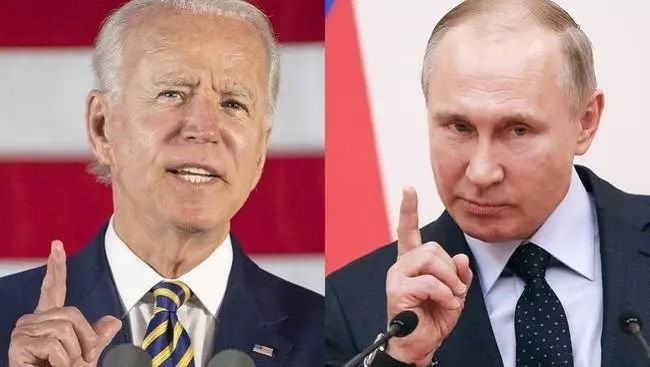
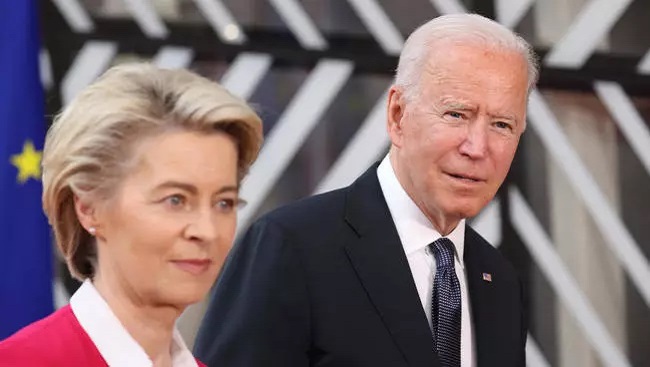
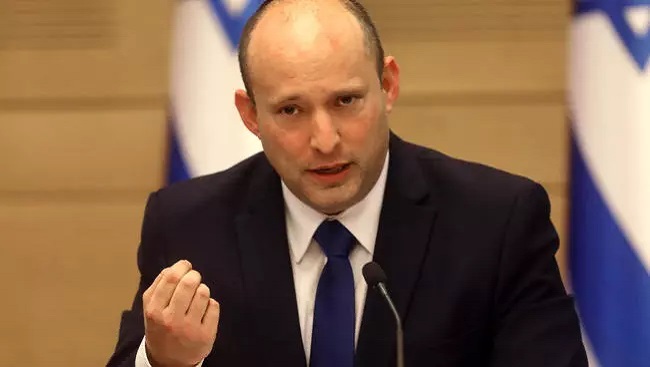
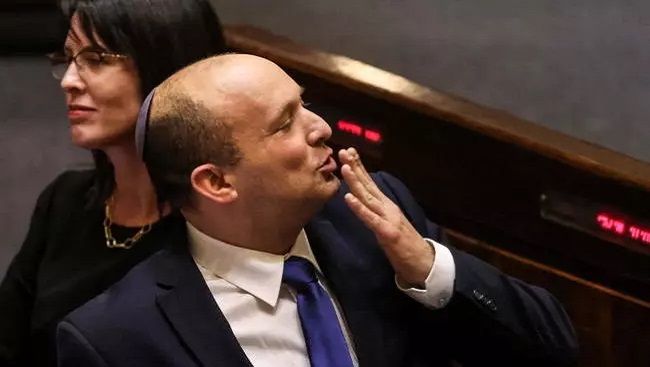
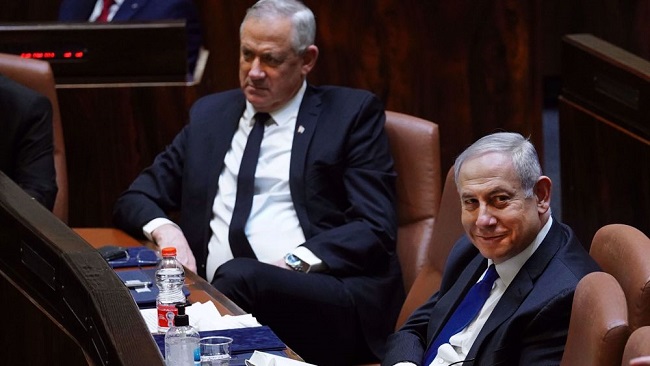
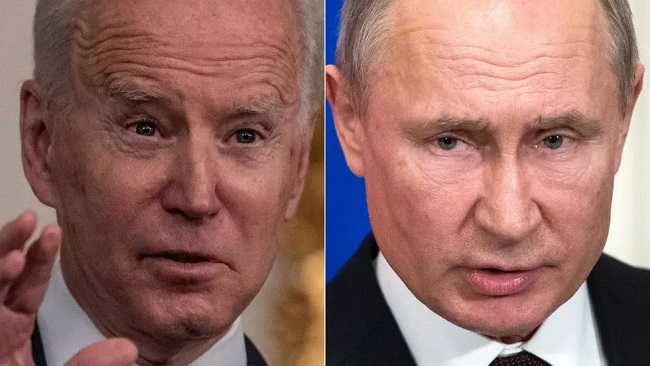
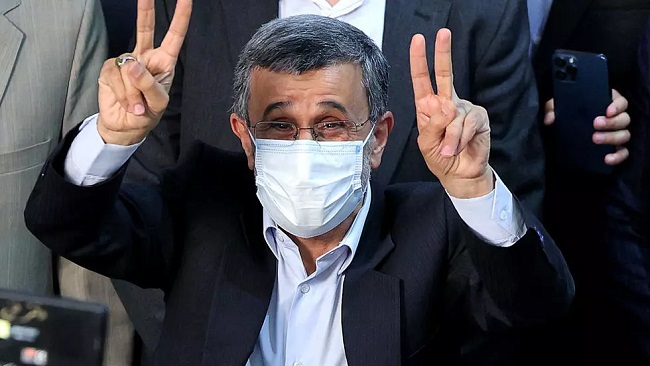
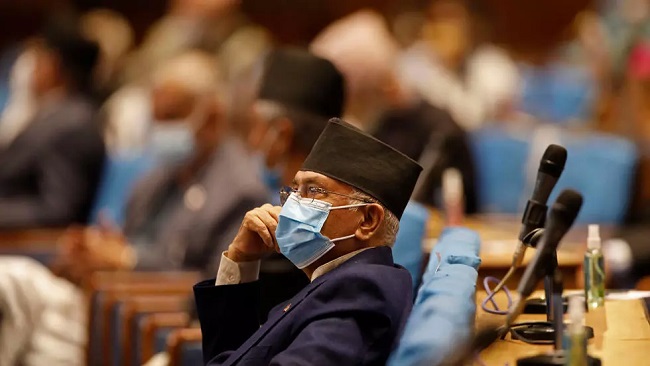

















24, August 2021
US Vice President Kamala Harris accuses China of using intimidation to back South China Sea claims 0
U.S. Vice President Kamala Harris on Tuesday accused China of coercion and intimidation to back unlawful claims in the South China Sea, in her most pointed comments on China on a visit to Southeast Asia, a region she said was critical to U.S. security.
Harris’s seven-day trip to Singapore and Vietnam is aimed at standing up to China’s growing security and economic influence globally and addressing concerns about China’s claims to disputed parts of the South China Sea.
Diverting attention and resources to the region has become a centrepiece of President Joe Biden’s administration, as it turns away from old security preoccupations with the withdrawal of U.S. forces from Afghanistan.
The U.S. administration has called rivalry with China “the biggest geopolitical test” of the century and Southeast Asia has seen a series of high-profile visits by top administration officials, including Secretary of Defense Lloyd Austin.
“We know that Beijing continues to coerce, to intimidate and to make claims to the vast majority of the South China Sea,” Harris said in a speech in Singapore.
“These unlawful claims have been rejected by the 2016 arbitral tribunal decision, and Beijing’s actions continue to undermine the rules-based order and threaten the sovereignty of nations,” she said, referring to an international tribunal’s ruling over China’s claims in The Hague.
China rejected the ruling and has stood by its claim to most of the waters within a so-called Nine Dash Line on its maps, parts of which Brunei, Malaysia, the Philippines and Vietnam also claim.
China has established military outposts on artificial islands in the waters, which are crossed by vital shipping lanes and also contain gas fields and rich fishing grounds.
The U.S. Navy regularly conducts “freedom of navigation” operations through the disputed waters, which China objects to, saying they do not help promote peace or stability.
On board the USS Tulsa, a U.S. combat ship at the Changi Naval base in Singapore on Monday, Harris told U.S. sailors “a big part of the history of the 21st century will be written about this very region” and their work defending it was pivotal.
On Monday, Harris began her trip by meeting Singapore’s Prime Minister Lee Hsien Loong.
They discussed the importance of upholding a rules-based international order and freedom of navigation in the Indo-Pacific region, expanded cybersecurity cooperation and efforts to shore up critical supply chains between their countries. “Our partnerships in Singapore, in Southeast Asia and throughout the Indo-Pacific are a top priority for the United States,” Harris said on Tuesday, adding the region was “critically important to our nation’s security and prosperity”.
A top Chinese diplomat last month accused the United States of creating an “imaginary enemy” to divert attention from domestic problems and to suppress China.
Part of her task during the trip will be convincing leaders in the region that the U.S. commitment to Southeast Asia is firm and not a parallel to Afghanistan.
Biden has faced criticism over his handling of the withdrawal of U.S. forces and the chaotic evacuation after the lightning takeover of Afghanistan by the Taliban.
Harris said the United States was “laser focused” on the task of “safely evacuating American citizens, international partners, Afghans who worked side by side with us, and other Afghans at risk”.
She also said that the United States had put itself forward to host a meeting of the Asia-Pacific trade group APEC in 2023, which includes the United States, China and Japan.
(REUTERS)